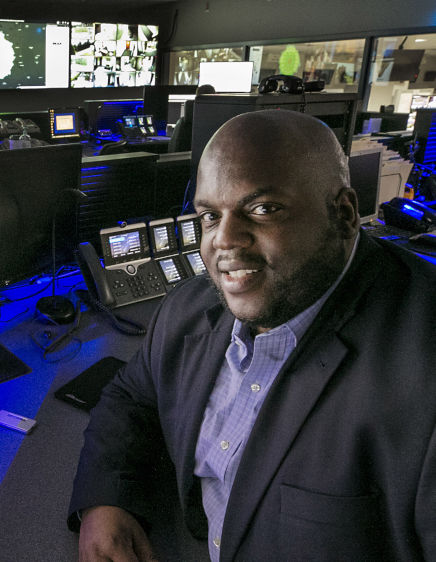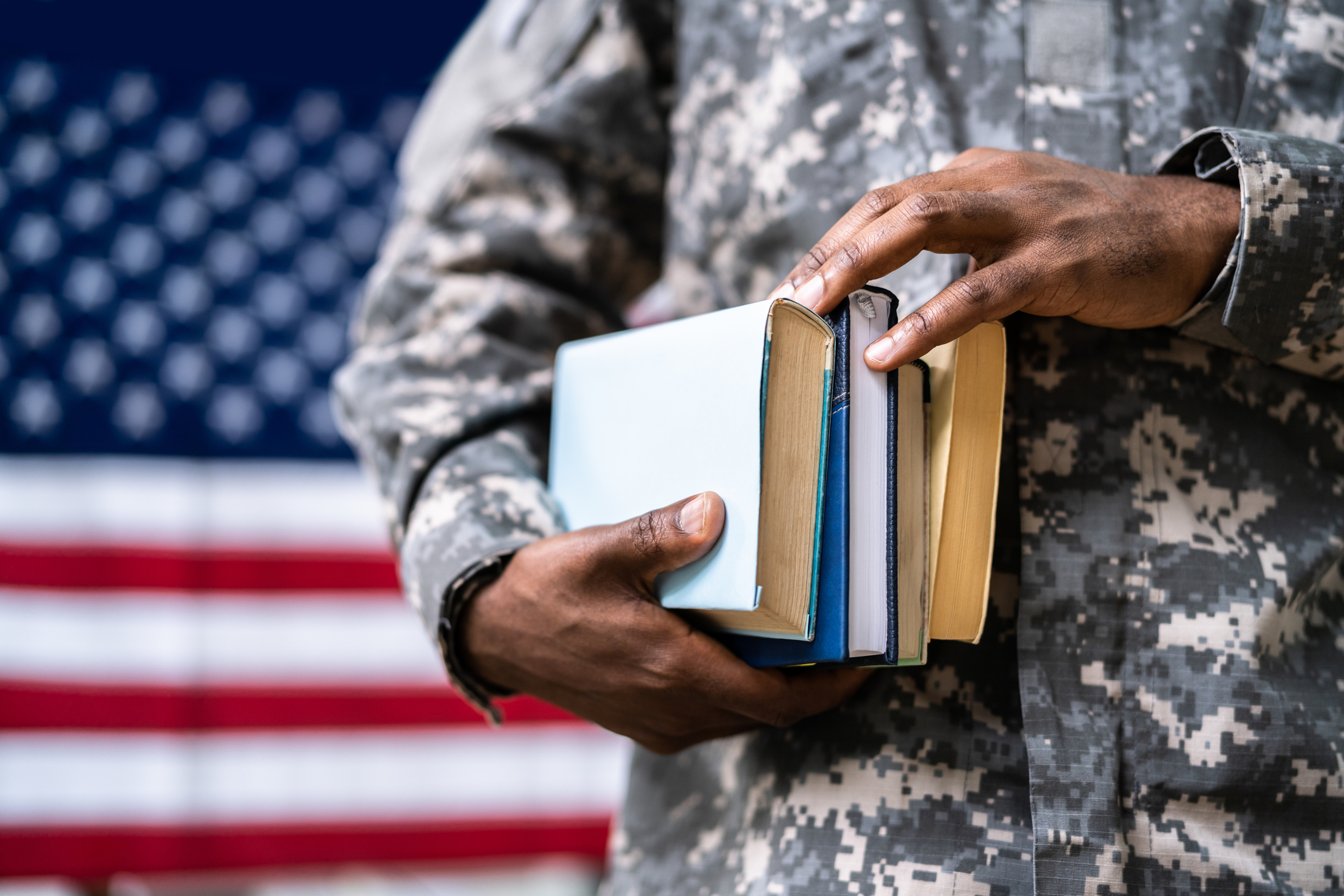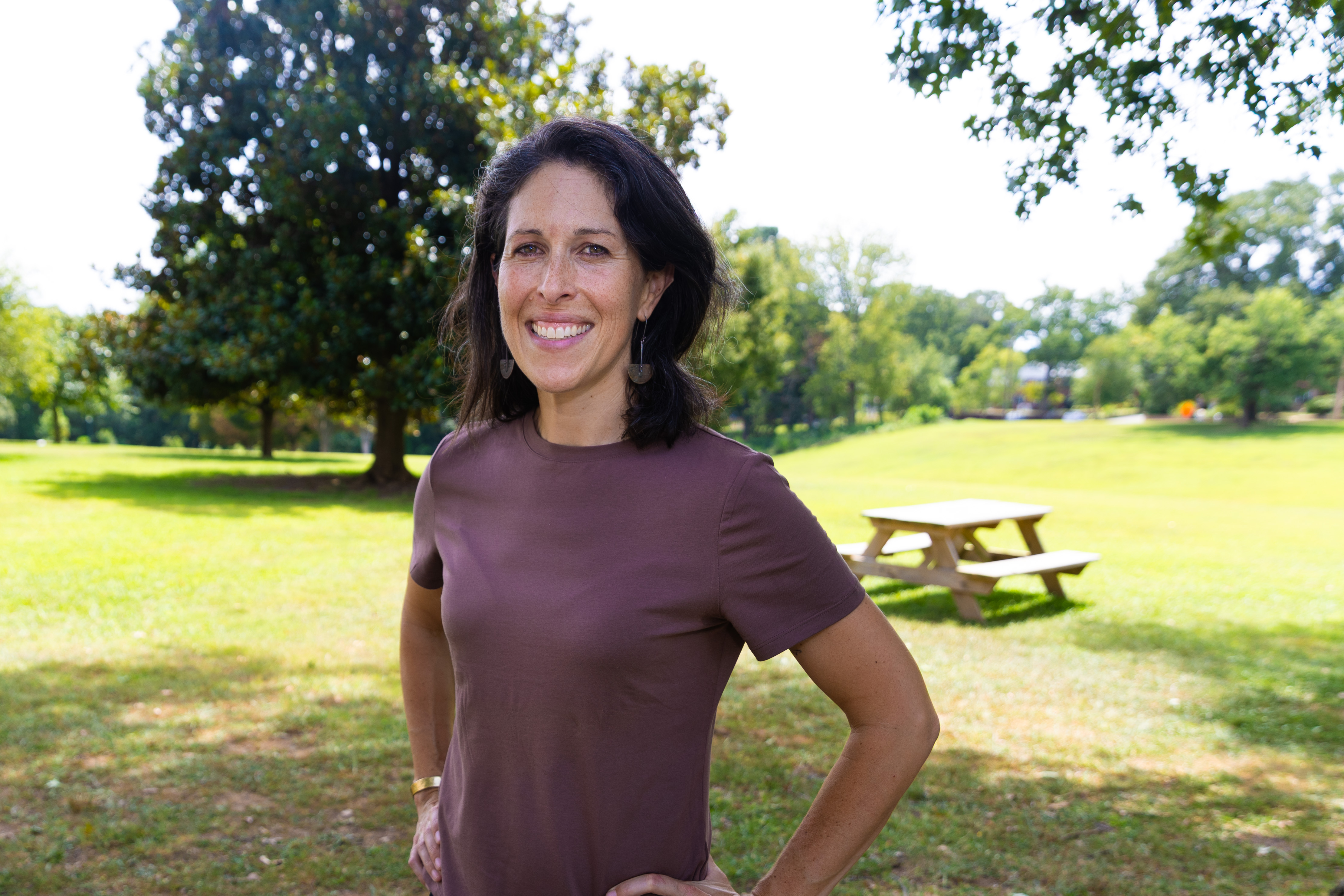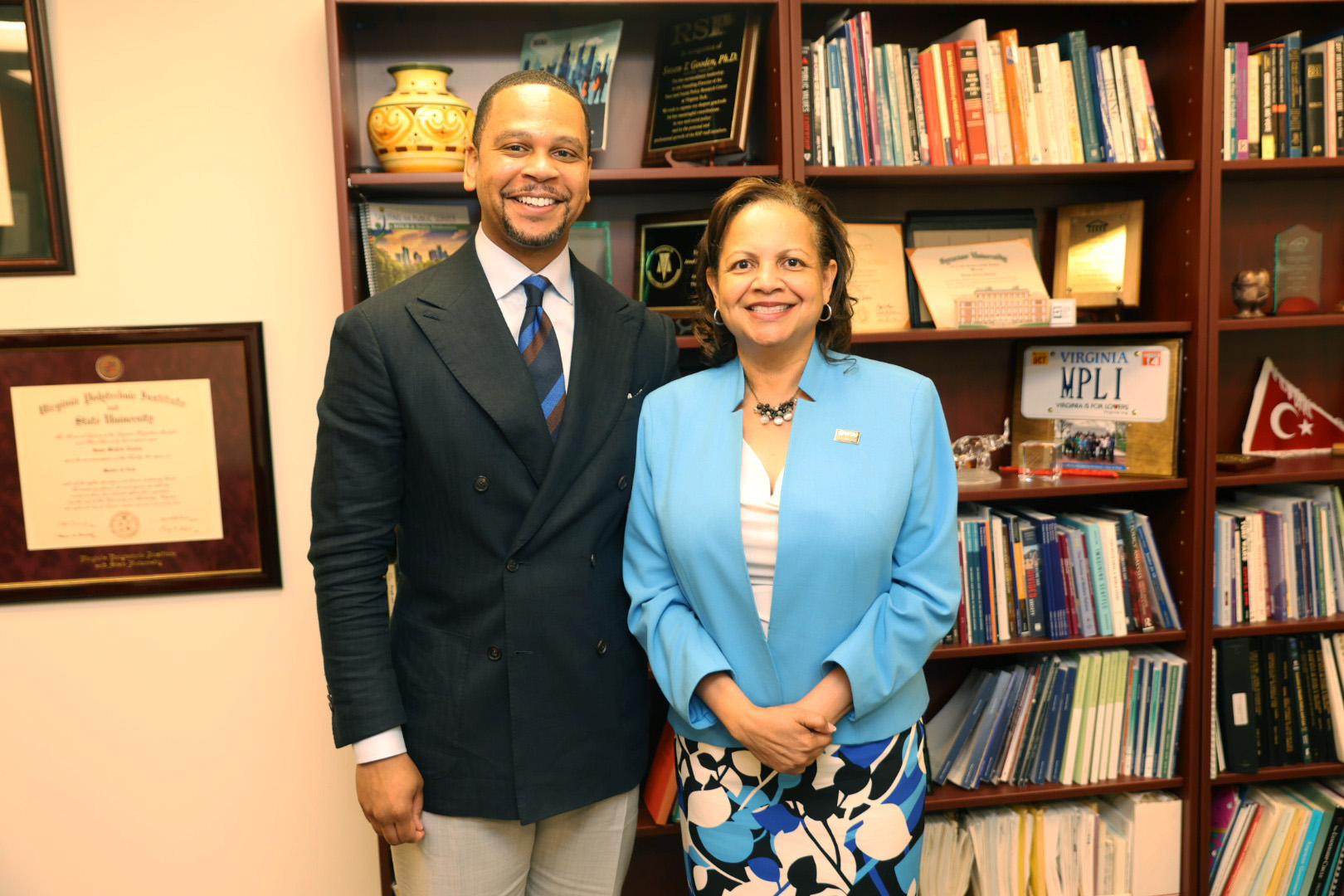A champion of inclusion through public service
Curtis Brown (Cert.’09/GPA; MA’11/GPA) earned both a certificate and a master’s in homeland security and emergency preparedness from the VCU Wilder School. Brown, who was appointed agency head of the Virginia Department of Emergency Management by Gov. Ralph Northam in June, is an accomplished public safety professional with more than 15 years of service at the federal, state and local levels. He served previously as deputy secretary of public safety and homeland security, regional emergency management administrator for the Hampton Roads Planning District Commission, professional staff on the U.S. House of Representatives Committee on Homeland Security and as a senior special assistant to the governor in the Office of Commonwealth Preparedness. In 2019, Brown co-founded the Institute for Diversity and Inclusion in Emergency Management (IDIEM).
The son of a union card-carrying phone technician and a small-business owner, Brown grew up just outside the Beltway in Prince George’s County, Maryland, a stone’s throw away from Andrews Air Force Base.
Prince George’s County, or “PG,” as it is known by residents, has fabled neighborhoods unlike almost any other in the United States: highly educated, majority African American enclaves with median incomes in excess of six figures.
“I grew up in a place where Black excellence and the influence of public leadership were ubiquitous,” said Brown.
“It was a powerful experience to grow up in a post-segregation context and within a community led and inhabited almost exclusively by successful African Americans.”
Brown described his parents as modest, industrious people who migrated from the South to the Washington suburbs to make a better way for their children.
“They weren’t wealthy, by any means, but they were part of a generation of Blacks who worked hard to enter the middle class. Our family was like any family in its striving. I was away from home and in my first year of college before I understood that the beauty of that experience is that we were in no way exceptional.”
These days, Brown is anything but inconspicuous. As the first African American to head the Virginia Department of Emergency Management, he acknowledges that he’s an anomaly in an industry distinctive in its homogeneity. The facts bear him out: Over 80% of the nation’s emergency management directors are white, and 70% are male. At DHS, one of the most racially and ethnically diverse agencies across the federal government, African Americans make up 30% of the workforce and just 8% of senior leadership roles. Compare that representation with the demography of the 10 U.S. localities deemed “most vulnerable” to disaster by the CDC — communi-ties that average minority populations of 81% — and the lack of diversity among chief emergency managers is alarming.
Women, and racial and ethnic minorities have long been underrepresented in the field of emergency management despite being disproportionately impacted by disaster.
“This is true for both practice and research,” said Brown. “The lack of women and minorities in the profession and their perceived absence in research perpetuates inequities that have long-term, very often lethal consequences that undermine us as a society.”
To help reverse that tide, Brown co-founded the Institute for Diversity and Inclusion in Emergency Management (IDIEM) in January 2019. It’s a nonprofit dedicated to increasing diversity in the field of and promoting the application of equitable practices to improve disaster outcomes for vulnerable communities.
“The first and foremost goal of IDIEM,” said Brown, is to “increase the representation of women and minorities in leadership positions within the field and to increase training and awareness of DI practices.”
I think it’s critical as a Black man and as a leader within my profession to engage young people, particularly people of color, in public service.
– Curtis Brown
IDIEM has embarked on a series of educational collaborations with a number of partners, including FEMA, the National Academy of Public Administration and the VCU Wilder School to help achieve that goal. Last fall, the organization sponsored an open forum for students at Savannah State University in collaboration with the Grace E. Harris Leadership Institute. SSU is the first and only historically Black college or university to house a bachelor’s degree program in disaster management.
In the past several months, Brown has been out front in leading Virginia’s response to COVID-19. He’s been cited by Gov. Northam as a critical player in the commonwealth’s COVID-19 Equity Leadership Task Force, an historic equity mechanism designed to ensure adequate resources, outreach and support for the state’s vulnerable, high-risk populations.
Despite a deluge of professional responsibilities, Brown makes a point of connecting with emerging emergency profes-sionals often. This past spring, he taught an undergraduate course, Homeland Security and Emergency Preparedness and Incident Management. Additionally, he has shared his response experience, which includes the Unite the Right Rally of April 2017, the Virginia Tech shootings of 2007, and numerous protests and natural disasters through various school-sponsored panels and programs.
“I think it’s critical as a Black man and as a leader within my profession to engage young people, particularly people of color, in public service. I know personally the power of ‘seeing is believing’ and the powerful link between inclusion and efficacy,” he said.



